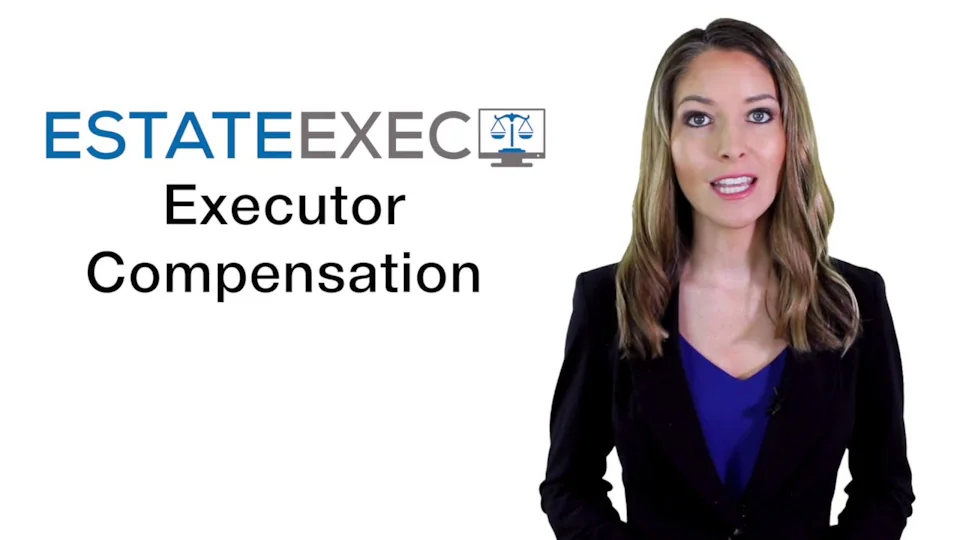Executor Fee Calculator (PW)
If the will does not specify how executor compensation should be calculated, PW estates must follow state compensation rules.

How Much Should an Executor be Paid in PW?
Palau does not have a probate code, so executor compensation is primarily according to Palauan custom. Often executors are family members or close friends who serve for free, but it can be acceptable to charge reasonable compensation as well, typically by number of hours required.
See Palau Consolidated Legislation Title 25 for general information about Estates and Trusts.
Executor Compensation Considerations
Timing: Generally, any executor compensation is paid during the final stages of estate distribution, as one of the last things the executor does. Be careful in situations in which there is not enough to pay yourself and all other outstanding debts, as this may expose you to legal issues. However, in most states, executor compensation has precedence over almost all other debts (for example, in NY, only funeral expenses have a higher precedence).
Communication: You may wish to discuss your compensation with the other heirs early during the process, so they don't end up surprised and unhappy when they notice their shares are somewhat less than expected. You may also want to leave the door open to modify your planned compensation as the process unfolds and you determine how much or how little work will actually be required on your part.
Optional: Keep in mind that collecting executor fees is optional. Even if the will specifies compensation, or if state laws support specific fees, the executor can choose to forego that compensation, and many do. That being said, serving as an executor is A LOT of work, and there's a reason that state laws support such compensation.
Tax Optimization: One reason an executor might choose to forego explicit compensation is that executor compensation is taxable, while inheritances are generally not taxable. Consequently, if the entire estate (or a large portion of it) is going to be inherited by the executor, you may end up with more after-tax value if you forego executor compensation.
Trusts: Note that trustee compensation for managing a trust is handled differently than that of executor compensation for settling an estate (see Trustee Compensation).
Expense Reimbursement: In addition to compensation for his or her services, an executor is also entitled to reimbursement from estate proceeds for legitimate and reasonable estate administration costs, such as death certificate copies, notarization of documents, the EstateExec licensing fee, and even travel costs strictly associated with managing the estate. Once you have established an estate banking account, you can often pay for these costs directly from that account, so that no reimbursement is necessary, but you should keep good records in case you later have to justify your expenditures to the IRS or to estate heirs. Executor expenses can be reimbursed when desired, although certain probate proceedings may require prior approval. While executor expenses are generally not considered when calculating executor compensation (i.e., executor fees), if the executor incurs substantial costs paying for services that would normally be directly handled by an executor, a probate judge may sometimes require that the default executor fee be reduced accordingly.
EstateExec™ Makes It Easy!
Think of EstateExec as something like TurboTax®, but for estate executors.
With $$ coupons.
EstateExec includes state-specific guidance with AI software, easy financial accounting,
and even the option to work together online with your lawyer or other interested parties.
You can get started using EstateExec for free,
and if you find it useful, pay a one-time $199 licensing fee (per estate).
Plus, EstateExec provides coupons for discounts on helpful third-party services,
such as junk removal, which will more than pay for the license price!
Additional Information
See also the EstateExec Complete Executor Guide.
In case you're interested, see also Compensation for general remarks on executor compensation, and note that authoritative details about executor fees in other states can be found here: